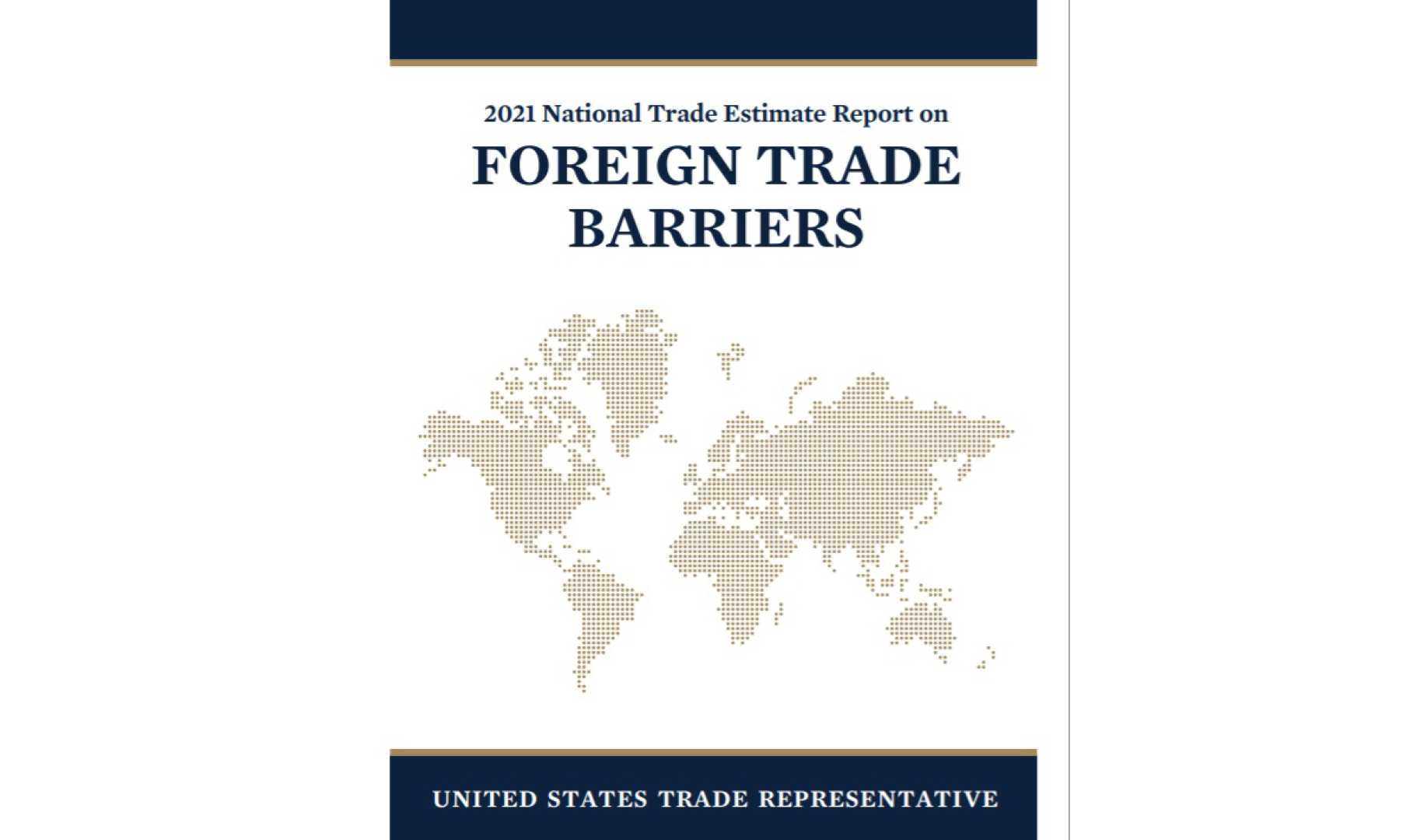Business
U.S. Trade Representative Releases 2025 National Trade Estimate Report

WASHINGTON, March 31, 2025 — The Office of the United States Trade Representative (USTR) submitted the 2025 National Trade Estimate (NTE) report to President Donald Trump and Congress today. This annual document outlines foreign trade barriers that U.S. exporters face and summarizes USTR’s strategies to mitigate those challenges.
According to U.S. Trade Representative Jamieson Greer, “No American President in modern history has recognized the wide-ranging and harmful foreign trade barriers American exporters face more than President Trump.” Greer added, “Under his leadership, this administration is working diligently to address these unfair and non-reciprocal practices, helping restore fairness and put hardworking American businesses and workers first in the global market.”
The 2025 NTE details various trade barriers, including applied tariff rates and non-tariff barriers such as stringent food safety regulations, renewable energy requirements, and procurement policies across different countries. This report is particularly timely as President Trump is expected to propose reciprocal tariffs targeting international trading partners within the coming days.
The NTE, a 397-page document, is required by law to be submitted annually by March 31. It is prepared with input from other government agencies, U.S. embassies, and public comments collected via the Federal Register. The process falls under Section 181 of the Trade Act of 1974.
Once released, the report could influence Trump’s plans for implementing reciprocal tariffs based on the average tariff rates of other nations. Last week, he announced a 25% tariff on automotive imports in an effort to bolster U.S. manufacturing.
In response to the report, several countries have begun to voice their concerns. Australia’s Prime Minister Anthony Albanese highlighted three core issues of contention in his country, mentioning regulations on pharmaceuticals and a controversial news bargaining code. Albanese affirmed that these regulations would not be negotiable: “Not on my watch. We will negotiate sensibly but we won’t undermine the biosecurity system.”
South Korea‘s Ministry of Industry indicated it would review the report closely and formulate appropriate responses, especially concerning the identified non-tariff barriers affecting agricultural imports and digital trade.
The USTR also criticized China‘s trade practices, citing extensive support for domestic companies while limiting access for foreign goods and services. The report claimed that “China offers substantial government guidance, resources, and regulatory support to Chinese companies,” which it views as an unfair trade advantage.
Trade experts, however, have contested the report’s framing. He Weiwen, a senior fellow at the Center for China and Globalization, criticized U.S. claims regarding Chinese subsidies as outdated, affirming that industrial subsidy policies exist globally and conform to World Trade Organization guidelines. Li Yong from the China Association of International Trade called the NTE a “blatant tool for the U.S. administration to justify its tariff policies,” arguing that it reflects protectionist tendencies detrimental to global trade.
The deadline of April 2 has been set for the implementation of the proposed reciprocal tariffs, described by the USTR as aligning U.S. tariffs with the rates imposed by other countries on American products. The move has drawn criticism from various international stakeholders.












